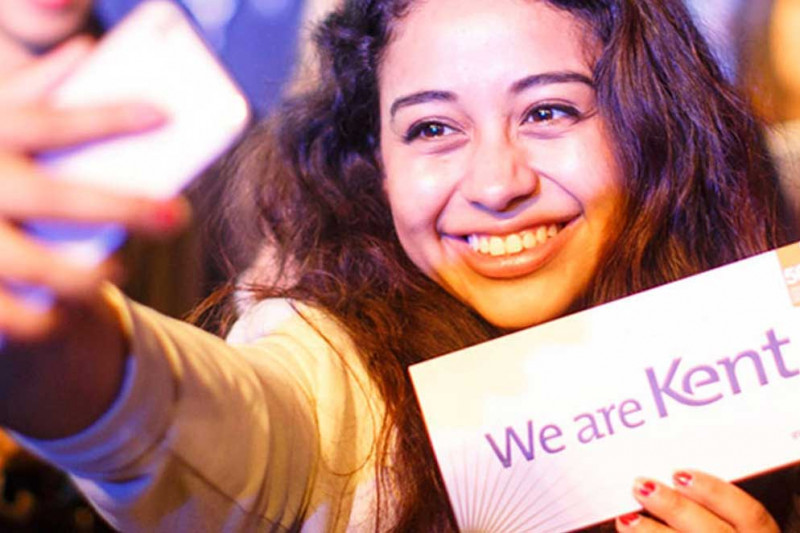Why are data skills important?
The social sciences allow us to examine questions across a wide range of topics – everything from what causes crime to what makes people happy.
When addressing these questions, data can be a powerful tool.
That’s why the skillset of ‘quantitative research’ – the process of gathering and analysing data – is so important in areas such as law, criminology, politics, sociology and social policy.
Our Q-Step programmes provide you with quantitative research skills as part of your degree and allow you to put them into practice on a carefully chosen work placement.
The UK has a severe shortage of social science graduates with advanced data skills, so this knowledge and experience can make a big difference to your career prospects.
The work produced by placement students was high quality, insightful and challenged our thinking. I’m looking forward to future placements, as they have been so beneficial.
Our study programmes
At Kent, we offer Q-Step degrees in the areas of law, criminology, politics, sociology and social policy. You take modules that provide you with practical data skills alongside your main degree subject.
You can choose a Q-Step degree when you first apply to Kent, or you can convert to a Q-Step degree after your first year at Kent.
Work placements
If you are studying for a Q-Step degree you can apply to take a Q-Step work placement during your final year of study. The placement is one day a week and is designed to allow you to use your data skills within a professional environment.
In previous years, our Q-Step students have taken placements in charities such as Gingerbread and Scope. They’ve also worked in the public sector, for example Thanet Clinical Commissioning Group (CCG) and Kent County Council.
A Q-Step placement functions as an academic module and this allows you to present your placement ‘grade’ to a future employer as evidence of your success.
For my placement, I worked with Scope, looking at how digital technology helps disabled people. They invited me back to do paid work in the summer, a really good opportunity.
Facilities
The Q-Step national initiative
Q-Step is a national multimillion pound initiative funded by the Nuffield Foundation, HEFCE and the ESRC. It is designed to respond to the UK's shortage of quantitatively skilled social science graduates.
Kent is one of only 17 universities in the UK to secure Q-Step funding.










